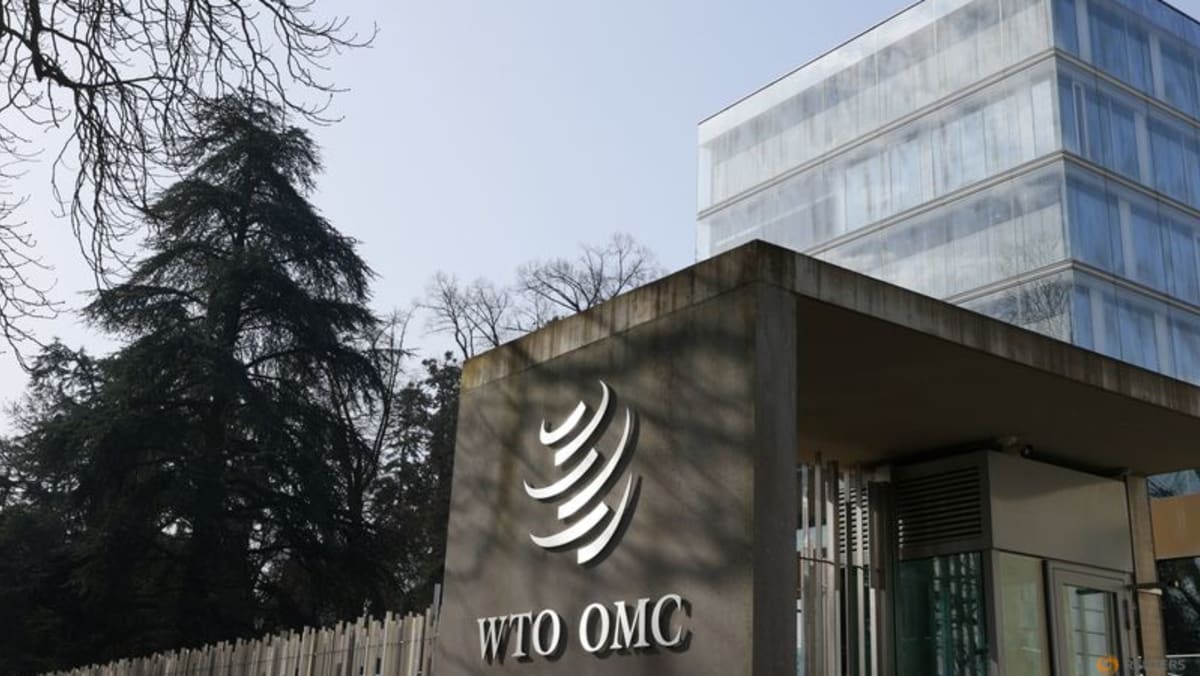TOKYO : Japan’s ambition to deliver a primary budget surplus for the first time in decades is going to be pushed back a year, a government estimate showed on Friday, as pressures for more spending weigh on the state budget this year.
The forecast, presented at a meeting of the government’s top economic council, could be pushed back again as Prime Minister Shigeru Ishiba’s minority government faces various demands from opposition parties that could potentially inflate the budget.
The latest estimate suggests a primary budget surplus of 800 billion yen ($5.15 billion) for fiscal 2026, indicating tax revenues will slightly exceed expenditure.
The primary budget balance, which excludes new bond sales and debt-servicing costs, is a key gauge of the extent to which policy measures can be funded without resorting to debt.
As it grapples with the industrial world’s worst public debt at more than double the size of its economy, Japan faces the urgent task of fixing its tattered public finances. This becomes more pressing as the central bank scales back its decade-long, ultra-loose monetary policy that has kept borrowing costs near zero.
However, rising debt servicing costs and multiple stimulus measures to support a fragile economic recovery have hampered its efforts.
In annual economic and fiscal policy guidelines last year, the government affirmed its commitment to deliver a surplus by the fiscal year 2025 starting April after pushing back the goal post several times.
However, the primary balance for fiscal 2025 is now likely to be a deficit of 4.5 trillion yen as opposed to the previously estimated 800 billion yen surplus, due to an extra budget compiled late last year to shield households from rising living costs.
The government plans to discuss whether to set up a new target and to incorporate the outcome of the debate in this year’s economic and fiscal policy guidelines to be released around June.
The draft budget for the next fiscal year is limiting new bond issuance to the lowest in 17 years on the back of record tax revenue, but the ruling coalition faces pressure to expand spending to appease the opposition to pass the budget through parliament.
While the draft budget for the next fiscal year limits new bond issuance to a 17-year low due to record tax revenue, the ruling coalition faces pressure to increase spending to win opposition support for passing the budget through parliament.
Except for the asset bubble period between 1986 and 1991, Japan’s primary budget balance has been in deficit for most of the postwar era, resulting in a vast debt pile twice the size of its economy.
“Achieving a surplus is just like stopping bleeding but that’s not enough,” said Shinichiro Kobayashi, senior economist at Mitsubishi UFJ Research and Consulting.
“Japan’s rapidly aging demography will certainly push up social security costs and higher interest rates mean various public projects will be more costly,” he added.
($1 = 155.2100 yen)












